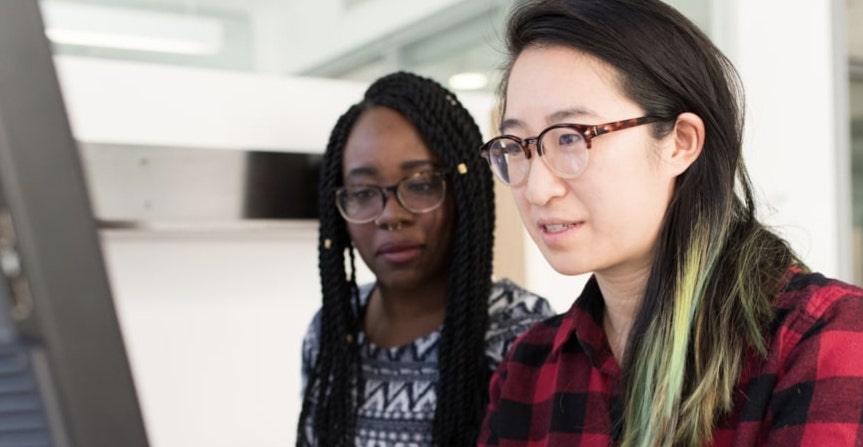Dec 18 (News On Japan) - “I feel a little sad about it, to be honest,” a local parent remarked, reflecting on Kobe City’s decision to end school-based extracurricular activities. “But when I think about teachers being able to have personal time, I guess it’s unavoidable. Still, it’s hard for both parents and children to adapt to such changes midway. I just hope the transition minimizes disruptions to the environment they’re used to.”
This sentiment reflects the mixed reactions among Kobe residents as the city prepares to become the first in the nation to fully transition public middle school club activities to community organizations by September 2026. The change addresses declining student numbers due to a falling birthrate and the excessive workloads of teachers.
Under the new system, schools will no longer manage club activities. Instead, local sports organizations and private companies will take over. Students will have the freedom to join clubs beyond the confines of their school, choosing activities that align with their interests.
“Instead of being placed on a pre-determined path, students will make their own choices and manage their time, including weekends,” said a city official. “This approach not only supports their growth but also fosters independent thinking, which will benefit their academic and personal development.”
Currently, some public middle schools in Kobe are testing community club activities on weekends. By September 2026, these programs will extend to weekdays, marking the end of school-led extracurricular activities. Meanwhile, efforts are underway to secure leaders for these new clubs, including innovative initiatives like a student-created matching platform.
Niko Morishita, a second-year business student at Kobe University, is developing a matching website that connects middle school students with university student mentors. “For example, if someone wants to play basketball on Mondays and Wednesdays, they can join a basketball team that operates on those days,” explained Morishita. “University students, who will earn between 1,500 and 2,000 yen per hour, can leverage their sports or cultural experience to guide younger students. It’s a unique part-time job opportunity, and I think there’s a strong demand for it.”
Morishita has presented the idea at business contests and received enthusiastic support from Kobe’s Board of Education. “The traditional club activities that relied heavily on teachers’ unpaid labor are being phased out. This new model is a fantastic opportunity for middle schoolers to design their own after-school schedules,” she said.
Kobe’s innovative approach to extracurricular activities signals a transformative shift, empowering students while reducing the burden on teachers. Whether it will succeed in fostering a seamless transition remains to be seen.
Source: ABCTVnews















